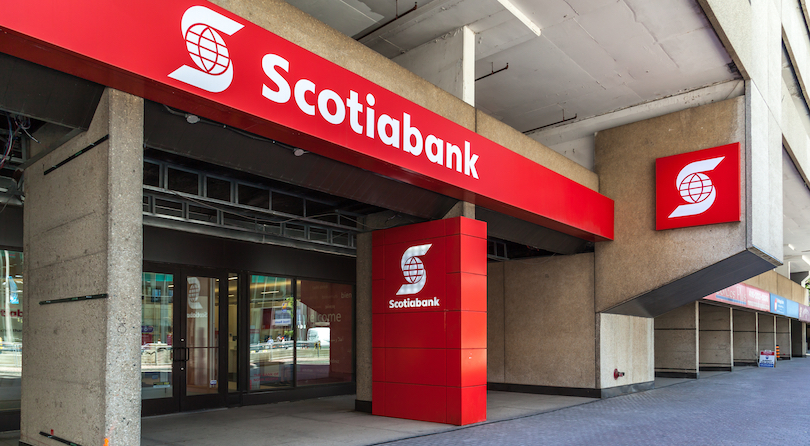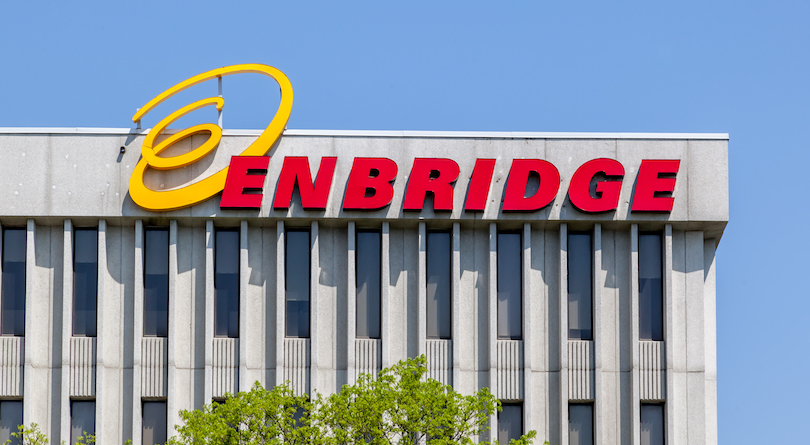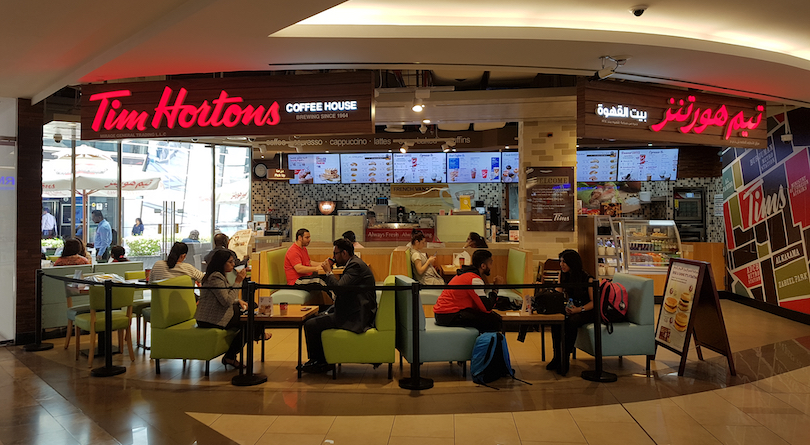50 top Canadian stock picks for 2019 as chosen by the pros
We asked 10 of Canada's top money managers to select their best picks for the year ahead
Advertisement
We asked 10 of Canada's top money managers to select their best picks for the year ahead


SIGN UP NOW: Get the MoneySense Invest newsletter for weekly insights and advice on markets >>

FOLLOW US ON FACEBOOK: Don’t miss a story >>

READ: Canadian stocks look cheap, and 4 other chart insights for 2019 >>

READ: Investment outlook 2019: More volatility ahead >>

READ: Top 100 Dividend Stocks of 2019 >>





Share this article Share on Facebook Share on Twitter Share on Linkedin Share on Reddit Share on Email